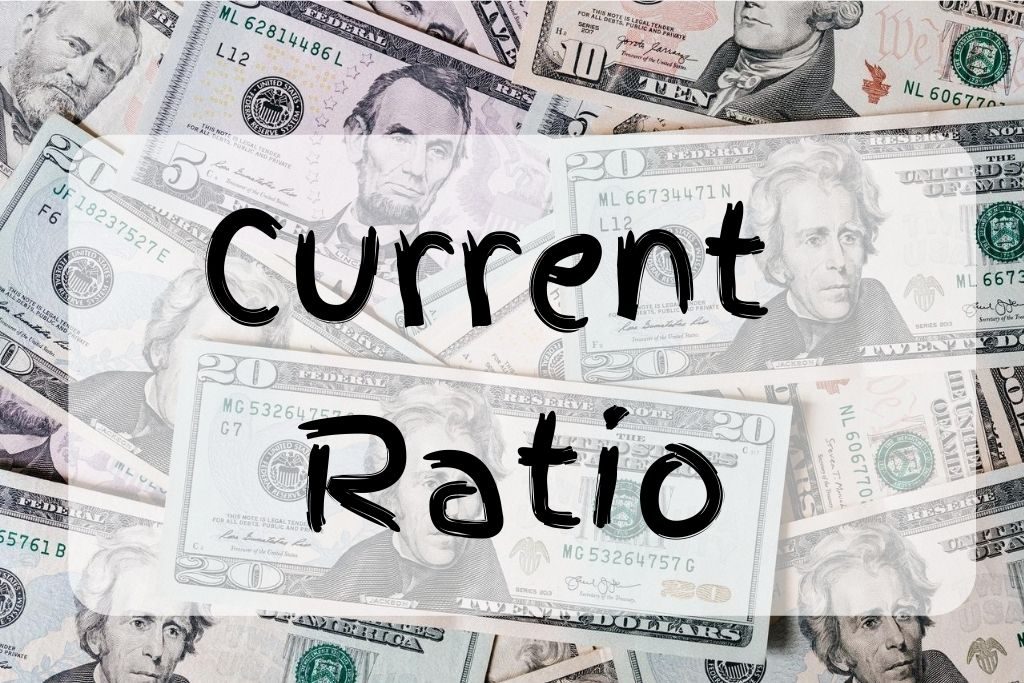What Is Current Ratio?

Definition of Current Ratio
- The current ratio or working capital ratio is a liquidity ratio that measures a firm’s ability to pay its short term liabilities.
- Short term liabilities are debts or any obligation that is due within one year.
- An ideal current ratio is between 1.2 and 2.
- If the ratio is low, it means the firm does not have enough liquid assets to offset its short term liabilities.
- If the ratio is high, it means the firm has too many liquid assets and is not utilizing them.
Want to learn more financial ratios?
Get the eBook explaining some of the most useful ratios for free now.
What is the Formula for the Current Ratio?
- The current ratio is calculated by dividing current assets by current liability.
Current ratio = Current asset / Current liabilities
The Current Ratio in Rractice
- Assume that Bleu waters has:
- Current asset:
- Cash $ 30,000
- Account receivable $20,000
- Marketable security $20,000
- Prepaid expense $15,000
- Inventory $15,000
- Current liabilities:
- Account payable $50,000
- Term debt $30,000
- Bleu waters’ current ratio is:
- ($ 30,000 + $20,000 + $20,000 + $15,000 + $15,000)/ ($50,000 + $30,000)= 1.25
- The firm has a good current ratio.
Learn some of the most useful financial ratios!
Don’t miss this free eBook.
